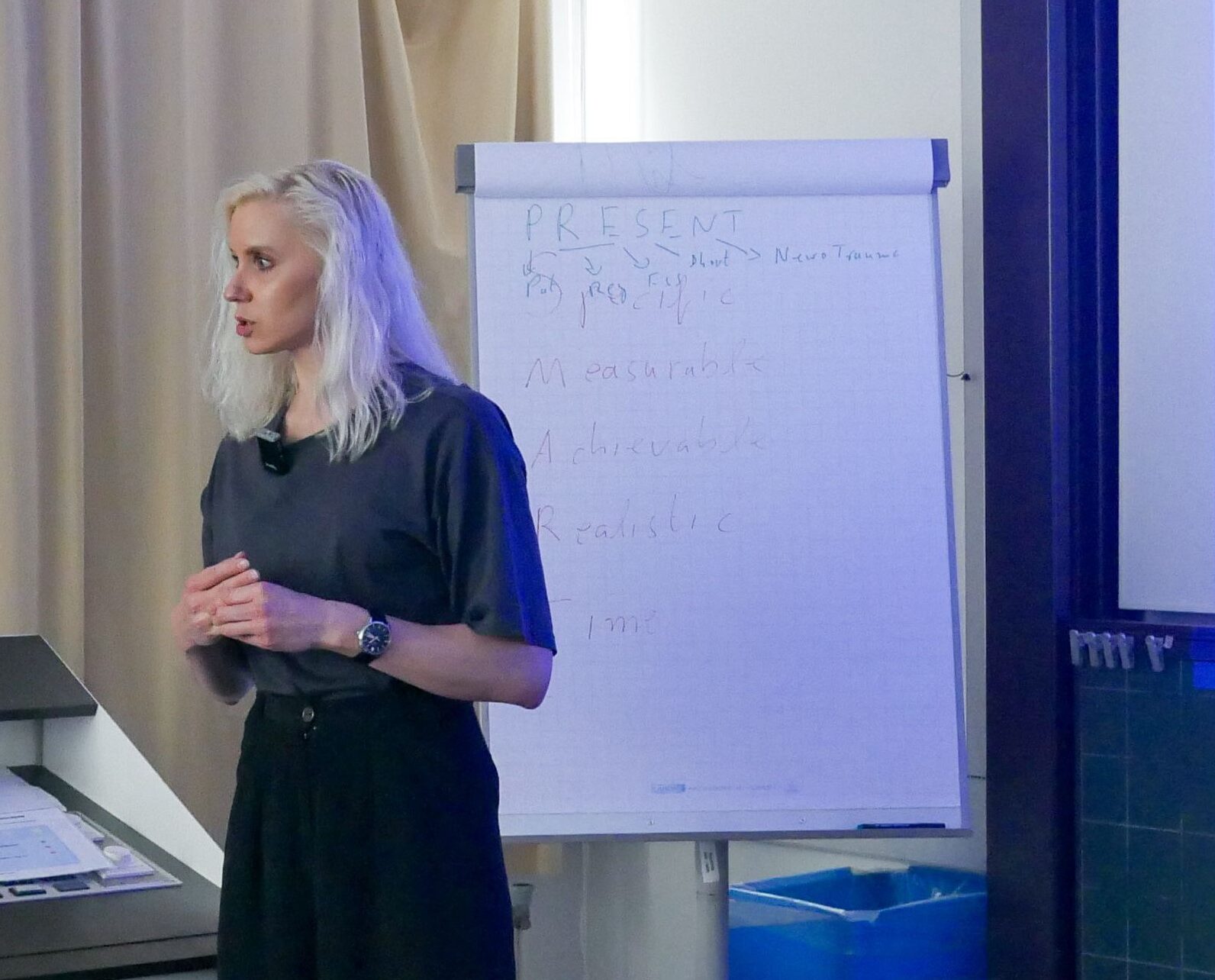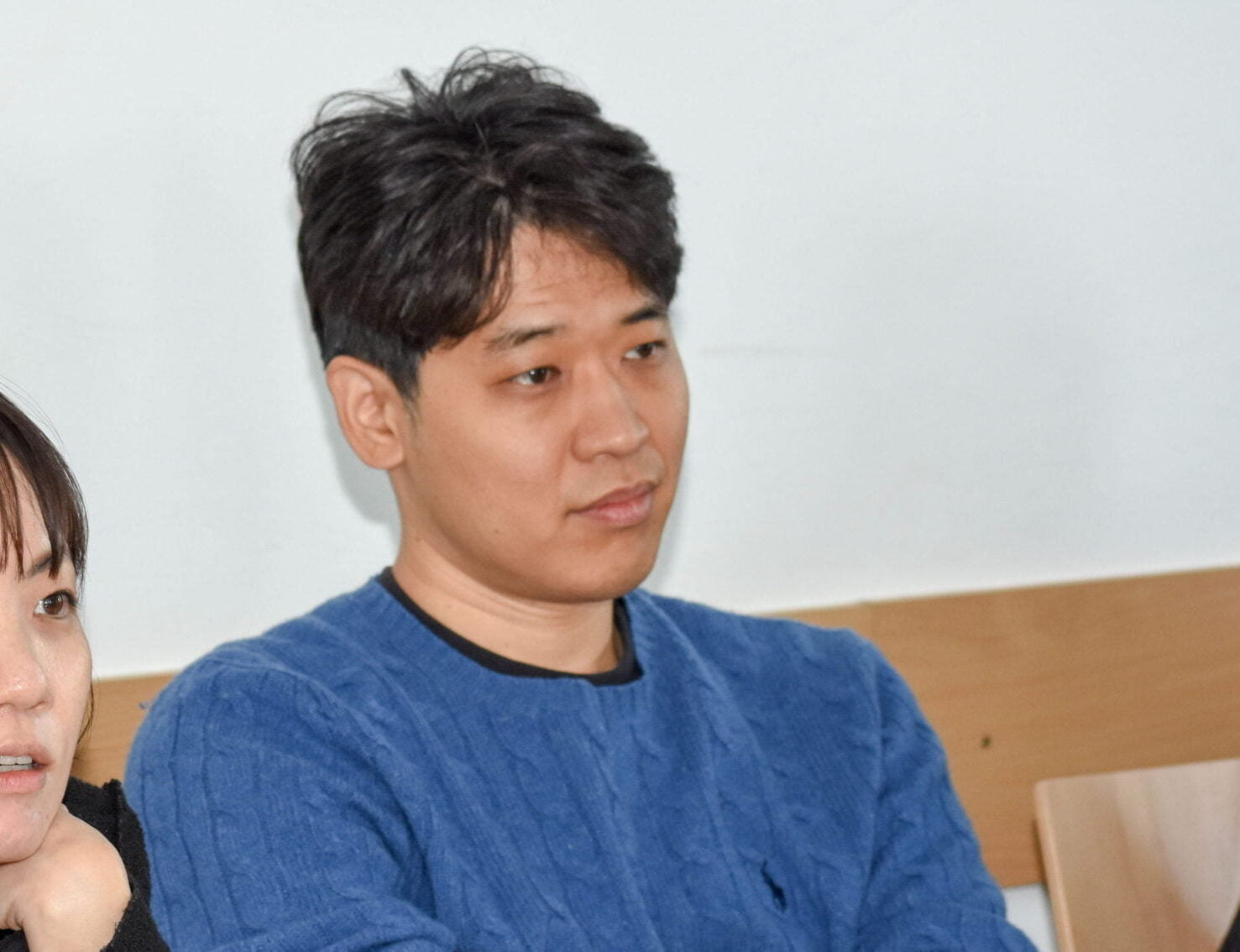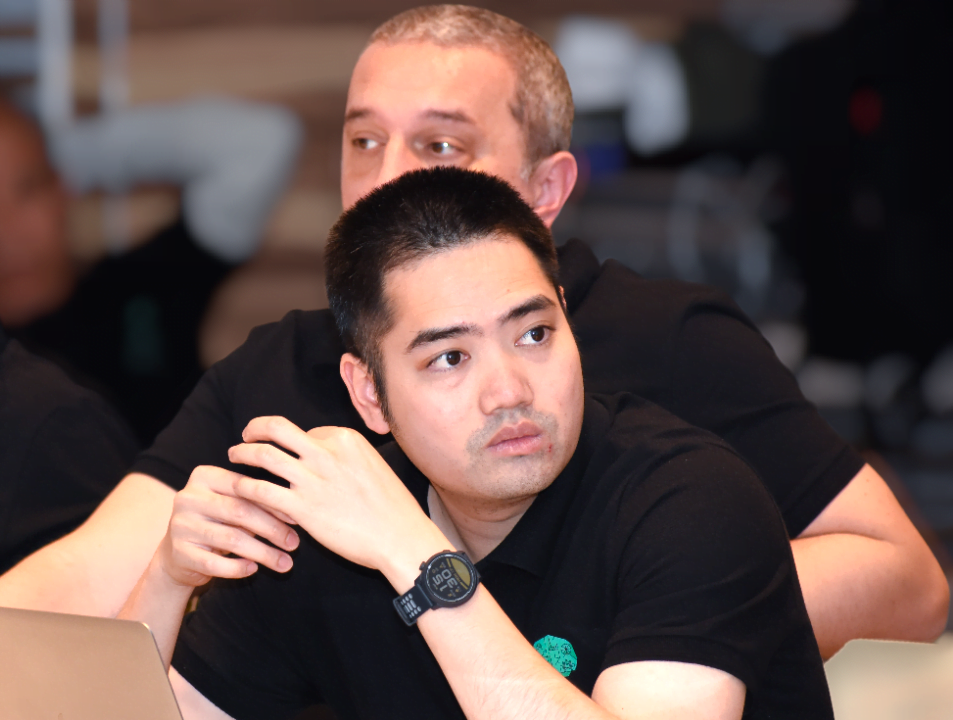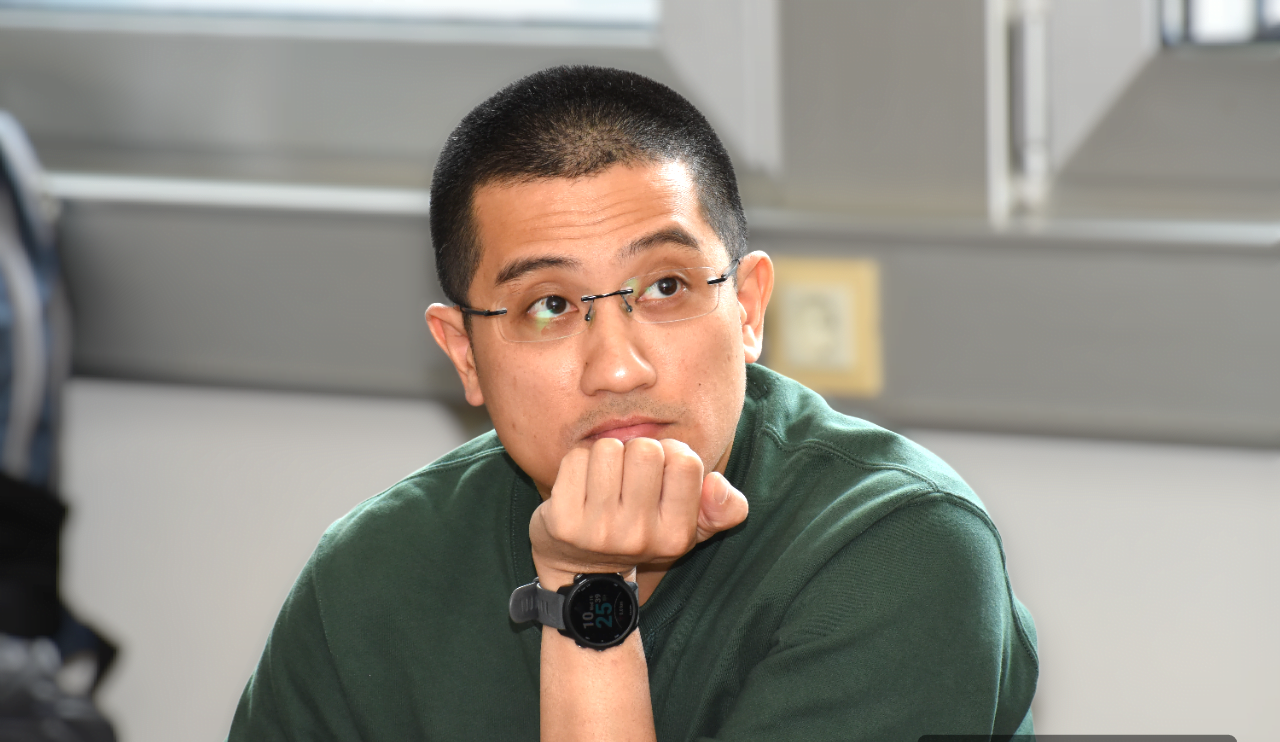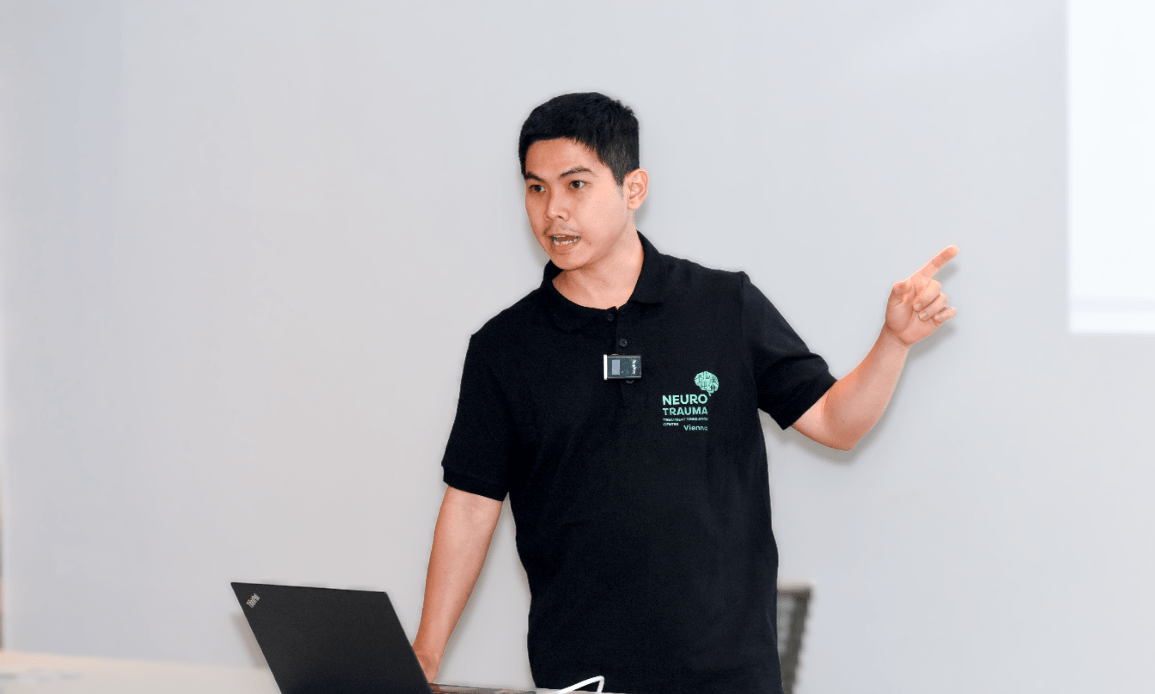Interviewee: Dr. Agata Andrzejewska; Clinical Hospital, Szczecin, Poland
Interviewer: Diana Chira
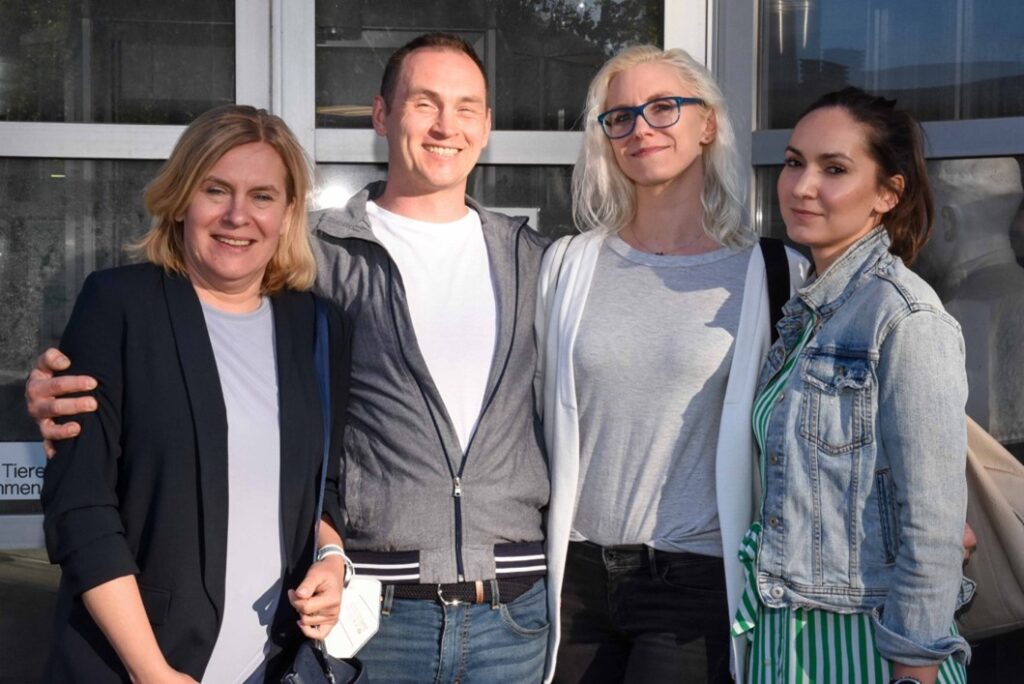
D.C.: What was the main takeaway from the last year’s Neurotrauma Treatment Simulation Center (NTSC)?
A.A.: The main takeaway was working like a team – team and multidisciplinary approach to the treatment. The Academy for Multidisciplinary Neurotraumatology (AMN) is for connecting people and connecting different specialties. And if we work together, we will have the best results.
D.C.: What impact did it have on you? Professionally or in the way you approach your cases.
A.A.: We started to communicate more with other doctors, trying to focus on a team approach, as I said before. So, I went to the emergency department and asked ‘What can we do, how we can communicate better, what are your expectations?’ The same with neurosurgeons. We are trying to make a protocol, but the protocol includes everybody, not only one specialty because without each other we cannot work, we cannot work separately. We started looking more for our protocols, from the very beginning to the very end of patient-centred care.
D.C.: What advice would you have for the current participants? What should they focus on?
A.A.: Not to get discouraged. It takes time because at the beginning, when I came back home, I had my mind full of ideas and I thought that’s going to be 1, 2, or 3 weeks and we’re going to start doing it. Take your time and when you want to get other people on board, look for the most stubborn one. If you convince him, his team will follow and if you show them results – and very important to collect the data – they will know. And the next time somebody will come ‘’I want this. The results are very good. Can you give me this? Can we change it together?’’. So, if you start from the very beginning, collect your data, and show them how it affects your patients, your workload, and everything. And do not get discouraged. Just take your time.
D.C.: What else would you add to this program?
A.A.: Oh, it’s very intense! Especially last year it was very intense. I really like the part talking about science, how to read science, because I think sometimes we lack this knowledge. We lack how to look at analyzing data, so that was very interesting. But it was very condensed. So, maybe some practical skills…
D.C.: Maybe a bit more focus on the research part?
A.A.: Also, yes, because if you can say I’m the kind of a doctor who is quite interested in research, but when there’s a doctor who just looks for the practical aspect, there’s a lot going on. But I think it’s very intense, so putting some more insight would mean a lot. I think there’s always a way to improve.
D.C.: When you developed your country implementation plan, what was the main goal? What did you focus on the most?
A.A.: Yeah, we are going to see the presentation, but I think [the goal was] patient-centered care and communication and to implement guidelines to try to take everybody on board.
D.C.: Are there any developments regarding guidelines in your country?
A.A.: I think we are lacking guidelines when it comes to Polish societies. So, we’re more focused on the European original guidelines. That’s also one point about what we wish to do. We want to develop our own Polish guidelines after we finish the implementation in our hospital, because I’m part of the Polish Society team, especially the neuro team, so I think making these guidelines is also part of our job because not everybody looks for the European [guidelines]. We should look, but sometimes people lack this, […]are going for the English guidelines, so it is easier to have our own.
D.C.: How do you think the Academy for Multidisciplinary Neurotraumatology (AMN) can help in this aspect?
A.A.: It’s always good to consult [specialists] to help you [..]. Sometimes you do not have the time to look for all the data and when you contact somebody else, they can show you, maybe they can guide you towards which direction to go or you can just consult them ‘’ Do you think it’s a good idea or what’s your experience?’’. Because it’s all about looking for somebody’s experience. It makes no sense for me to do something that somebody already did and told me ‘’Oh, it’s not working’’, so it’s good to ask ‘’Do you have any experience with this? What do you think?’’ and they can tell me ‘’No, no, it doesn’t work. Maybe find your other way.’’ So, it’s always good to talk to somebody else.
D.C.: Thank you so much for your time and I’m looking forward to seeing the presentation!
A.A.: Thank you very much!
We kindly invite you to browse our Interview category https://brain-amn.org/category/interviews/.
For sure you will find a cluster of informative discussions with different specialists in the field of neurotrauma.
